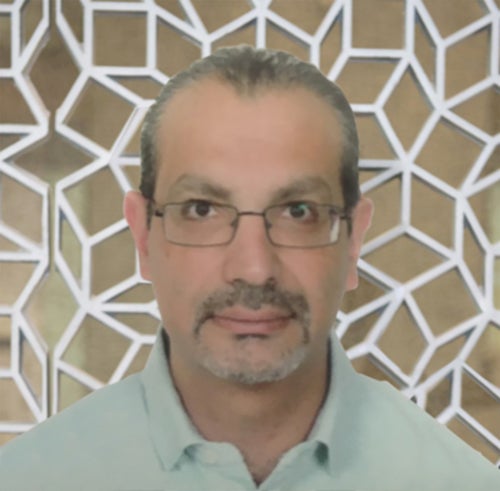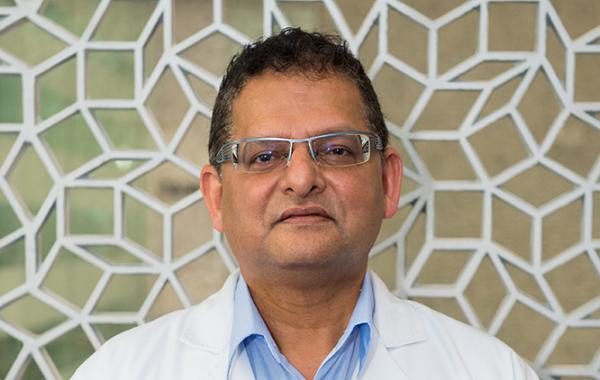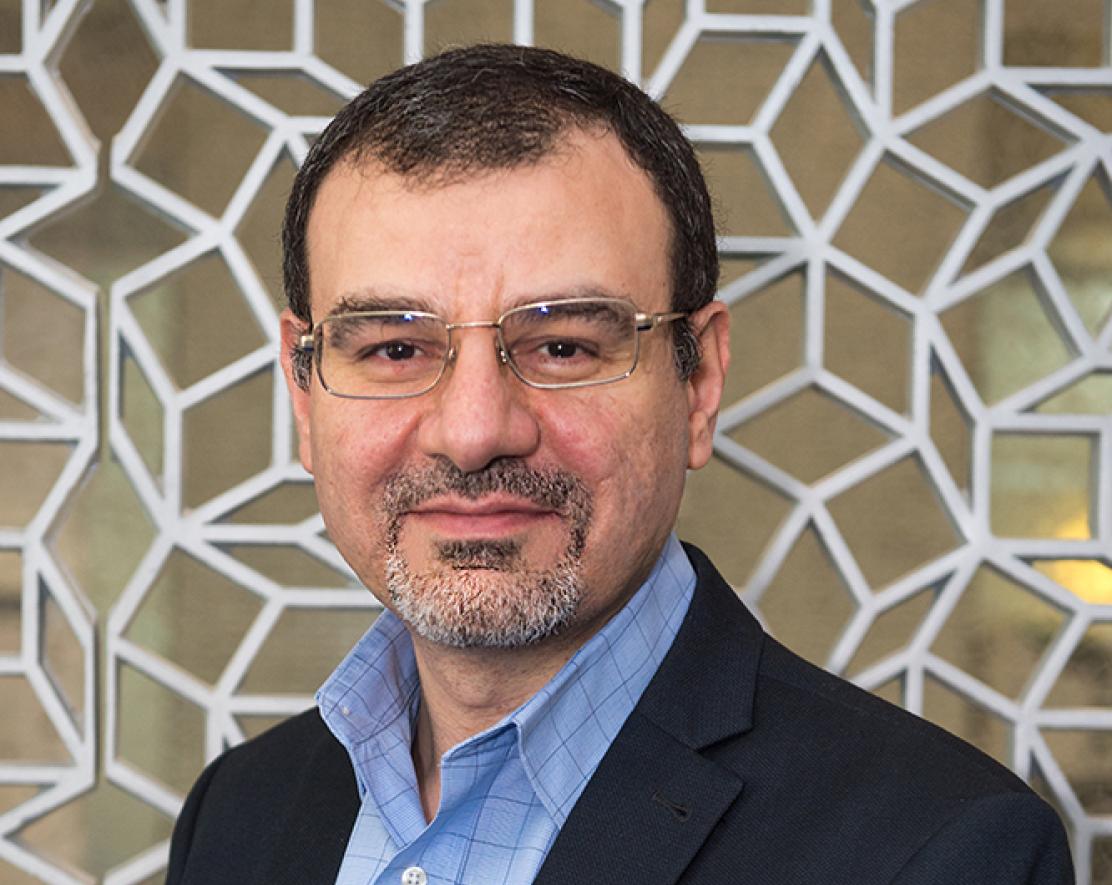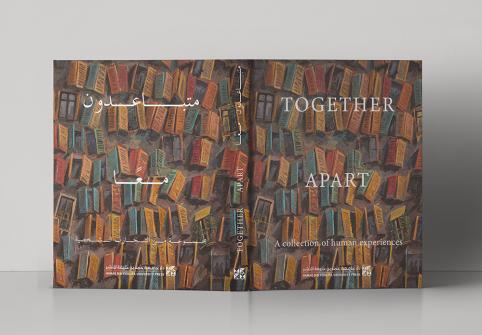Press Releases Community Advice from HBKU’s College of Health and Life Sciences
In the wake of the current coronavirus outbreak across the globe, experts from Hamad Bin Khalifa University's College of Health and Life Sciences provide tips on how to improve mental well-being and get sufficient exercise while working from home or self-isolating. Here, the experts also set about dispelling some of the most common myths surrounding the virus, how to safeguard against transmission, and ways to boost immunity.
Attributed to Dr. Nathan Townsend, College of Health and Life Sciences
With the WHO recently publishing mental health guidelines in relation to COVID-19, how can members of the community stay active and healthy in this period?
Staying active during social distancing is easy! There are many forms of bodyweight exercises that can be done indoors and without expensive gym equipment. For example, exercises like bodyweight squats, lunges, push-ups, and many core stability exercises (planks, crunches, etc.) can all be done within your own home. Yoga, especially, is a great exercise that is useful for both physical and mental health. There are many yoga routines and indoor exercise workout ideas that can be found on YouTube or elsewhere on the internet. Just use search words like “indoor workout” or “indoor bodyweight exercises” or “home yoga routine”.

Attributed to Dr. Georges Nemer, College of Health and Life Sciences
What common misconceptions exist about COVID-19? Are these misconceptions specific to HBKU and Qatari communities? Are they global in nature?
With the globalization of the media, expert opinion tends to be diluted and can go unnoticed. This is the case in the situation associated with COVID-19. The top myths that people at HBKU, in Qatar, and worldwide are particularly keen to accept as facts, are as follows:
- Drink water or hot fluids often to flush COVID-19 into your stomach where acid will destroy the virus.
- Holding your breath without coughing even if you have symptoms means no COVID-19 infection.
- Vitamin C and other vitamins/supplements can boost your immune system to eradicate COVID-19.
- This will go away by summertime and with the rise of temperatures.
- Antibiotics or the flu vaccine will destroy COVID-19.
- Spraying alcohol or chlorine all over your body kills COVID-19.
- Eating garlic or specific nutrients help prevent infection with COVID-19.
- COVID-19 has no implications for children.
- Thermal scanners are effective in confirming COVID-19 infection.
Best practice, to be on the safe side, is to follow the guidance of the World Health Organization (WHO) and Center for Disease Control (CDC), which advise people of all ages to take steps to protect themselves and others from the virus by following good hand and respiratory hygiene.
Attributed to Dr. Omar Albagha, College of Health and Life Sciences
Apart from social distancing, how can members of the HBKU and Qatari communities safeguard themselves from the virus? How effective are these measures in preventing transmission?
Current evidence indicates that the COVID-19 virus is spread mainly from person to person through close contact with an infected person or through droplets produced from coughing and sneezing. The most effective measure to protect ourselves is to avoid exposure to the virus. This can be achieved by avoiding crowded places and unnecessary travel, keeping a safe distance (at least six feet) when talking to other people, not touching your face, and frequent cleaning of hands using soap and water for at least 20 seconds or using hand sanitizer. Additionally, people should cover their nose and mouth with a tissue when coughing or sneezing and make sure the tissue is immediately discarded.
Attributed to Dr. Dindial Ramotar, College of Health and Life Sciences
Scientists are still working on finding a vaccine for COVID-19. Are there alternative medicines that can help boost immunity and thus reduce the chances of transmission?
The latest news has revealed that a research institute in Seattle, United States, is conducting a phase 1 clinical trial to assess the safety of a potential RNA-based vaccine against COVID-19. This entails examining whether the tested dose would trigger the immune response, while at the same time cause no adverse effects. In fact, there is a world-wide effort to find a vaccine but even so, there is no assurance of an immediate one. Typically, it takes 12 to 18 months to fully validate the utility of a vaccine.
So far, there is no cure for COVID-19, except for the preventive measures that are currently being taken. However, scientists are taking an alternative approach by trying various drugs to eradicate the virus. These drugs include Remdesivir, Kaletra (a mixture of two anti-HIV drugs), as well as the readily available and inexpensive antimalarial drug Chloroquine. The results from using these drugs are expected anytime soon. There are no immune-boosting medicines or therapies that can reduce the risk of transmission.
Attributed to Dr. Edward Stuenkel, College of Health and Life Sciences
What would you encourage members of the community to not do during this period? Why not?
At times like this, it is vital to pause, breathe, and not panic. Best practice, to be on the safe side, is to follow the WHO and CDC guidance, which advise people of all ages to take steps to protect themselves from the virus by practicing good hand hygiene and good respiratory hygiene. It is important that you do not dismiss children’s fears but speak to them at an age-appropriate level after assessing their knowledge of the virus and processing your own anxiety.





